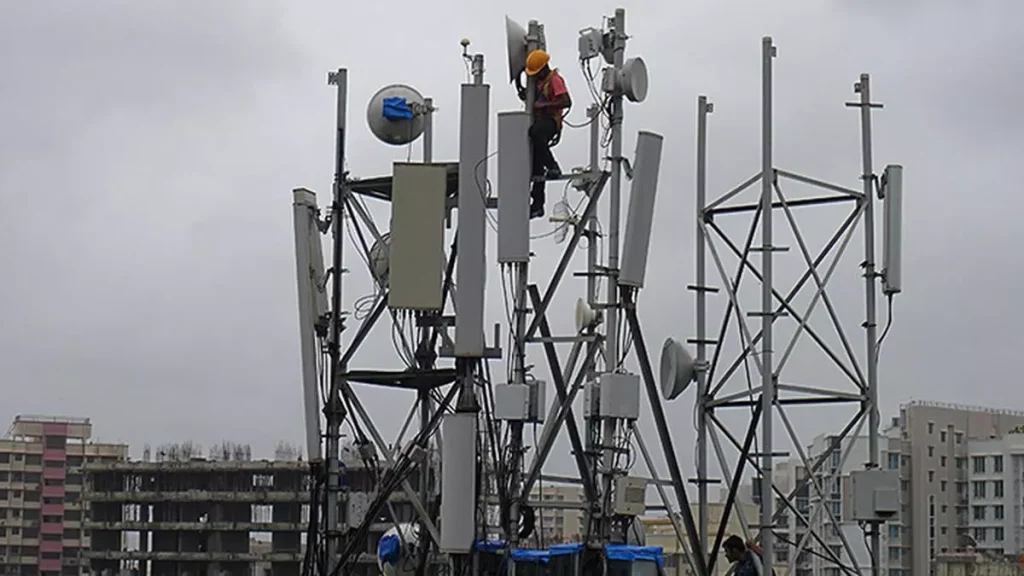Context:
The Telecom Regulatory Authority of India (TRAI) recently released a draft Telecommunication Tariff (70th Amendment) Order, 2024 on “Regulatory framework for PM-WANI scheme”.
Why has TRAI released the draft amendment order?
- The National Digital Communications Policy, 2018 under the ‘Connect India’ mission had set the goal to enable the deployment of 10 million public Wi-Fi hotspots by 2022 to create a robust digital communication infrastructure.
- The current status of the PM-WANI scheme is quite limited and far below the targets due to the extremely high cost of backhaul internet connectivity charged by Telecom Service Providers (TSPs) and Internet Service Providers (ISPs) from Public Data Offices (PDOs).
- The Authority has analyzed this issue and is of the view that it is necessary to rationalize the cost of broadband connectivity to PDOs to pace up the proliferation of the PM-WANI scheme.
PM-Wi-Fi Access Network Interface (PM WANI) Scheme:
- The government of India launched the PM-WANI Scheme in 2020 to take forward the goal of the National Digital Communications Policy, 2018 (NDCP) of creating a robust digital communications infrastructure (Public WiFi hotspots across country).
PM-WANI ecosystem consists of four parts:
TRAI:
- It was established in 1997 by an Act of Parliament, called the TRAI Act, 1997, to regulate telecom services, including fixation/revision of tariffs for telecom services which were earlier vested in the Central Government.
- The TRAI Act was amended by an ordinance, effective from 24 January 2000, establishing a Telecommunications Dispute Settlement and Appellate Tribunal (TDSAT) to take over the adjudicatory and dispute functions from TRAI.
Objectives:
- To create and nurture conditions for the growth of telecommunications in the country.
- To provide a fair and transparent policy environment that promotes a level playing field and facilitates fair competition.
- Public Data Office (PDO): It is a location where any individual can access the internet using Wi-Fi connectivity.
- Public Data Office Aggregator (PDOA): It is an aggregator of multiple access points (PDOs) that are the Wi-Fi service providers in the last mile.
- App Provider: It will develop an App to register users and discover WANI compliant Wi-Fi hotspots in the nearby area and display the same within the App for accessing the internet service.
- Central Registry: It will maintain the details of App Providers, PDOAs, and PDOs. To begin with, the Central Registry will be maintained by the Centre for Development of Telematics (C-DoT).

